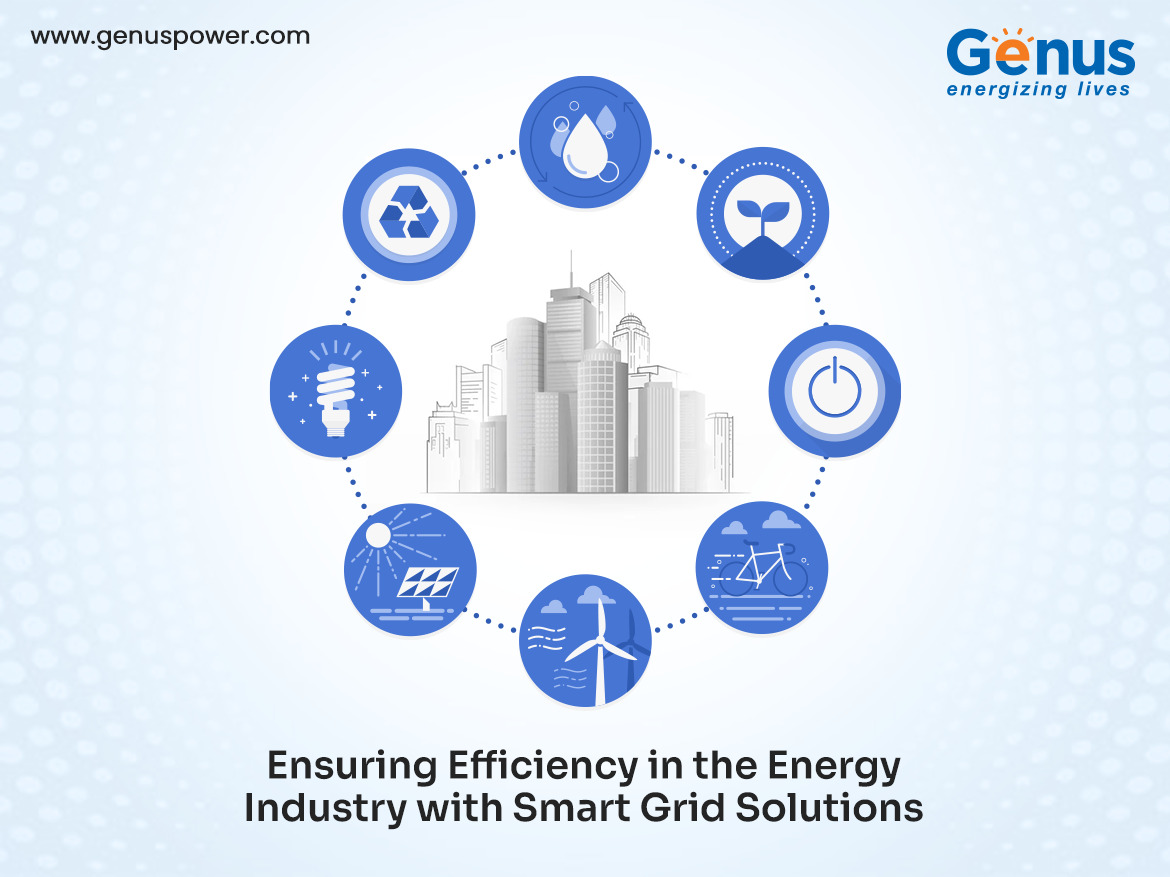
In recent years, the adverse effects of climate change have become all too common, and there is an immediate need for a paradigm shift from conventional fossil fuel-based energy sources to cleaner, more sustainable alternatives.
But transitioning to this future isn’t just about producing green energy – it’s about optimizing how we generate, measure, and distribute this power. When we talk about the energy industry specifically, advanced metering has emerged as an effective solution to bridge the gap between energy power generation and its optimized utilization.
In this blog, we will discuss how these advanced metering solutions play a crucial role in shaping a sustainable future for the power sector.
In 1831, Michael Faraday discovered electromagnetic induction, paving the way for modern electric generators. Major power plants in the 1880s worked on hydro or coal; notably, Edison’s Pearl Street station in Manhattan used coal-fired steam engines.
Alternating current (AC) technology further boosted central power stations. Owing to wartime innovations, the use of gas-generated power also surged in the 20th century. There were, however, incidents such as Chernobyl and Fukushima that tainted the reputation of nuclear power.
From 1970-2013, nuclear power helped in avoiding CO2 emissions, while solar and wind contributed to some extent. Today, renewable sources like solar and wind have become the mainstream energy sources due to their environmental benefits and advancing technologies, especially in storage, pushing them closer to cost-competitiveness.
Recent advancements, like smart meters and smart grid solutions, have emerged as transformative breakthroughs in the power sector, capable of managing the ever-evolving needs of modern civilization.
A dynamic and interconnected system empowered by the Internet of Things (IoT) – Smart Grids allows us to distribute, monitor, and manage electrical power, thus serving as a gateway to ensure a sustainable and efficient energy future.
A smart grid offers a two-way communication and information flow between various grid components like controls, computers, automation, and new technologies and equipment working together. It enables real-time monitoring, control, and optimization of energy generation, transmission, and consumption in the electrical energy industry.
With a smart grid, we have successfully overcome the shortcomings of traditional power grids, which are generally used to transmit electricity one-way from centralized plants to consumers.
Distribution transformers make the main backbone of any power distribution network. Planning downtime and manually monitoring important electrical parameters of transformers allows utility providers to utilize power in an optimum way.
In fact, many companies have been pairing their distribution transformers with smart energy meters to add a layer of automation to operations. These advanced distribution transformer metering solutions offer integrated communication and monitoring features that are capable of quickly notifying utility providers of any power failures or discrepancies.
Moreover, with Genus DT meters, you get end-to-end real-time monitoring of the transformers’ parameters. This includes monitoring electrical parameters, such as current, voltage, power factor, etc. Based on this data, utility providers can optimize power loss management, directly contributing to achieving better operations of any DISCOM.
Smart meters have emerged as a significant innovation in India’s electrical power energy industry, offering numerous benefits, as discussed below:
Smart energy meters provide real-time data about energy consumption, allowing utilities and customers to monitor usage patterns and adjust behavior accordingly. Many studies suggest that smart meters can reduce energy consumption by as much as 15%, which is a considerable amount in an era of climate change and energy shortages.
With precise measurement and monitoring features, smart meters ensure accurate billing information to consumers while eliminating errors in meter readings and billing. Moreover, with smart single and 3 phase meter devices, consumers are billed based on their actual usage, not on historical averages, ensuring fairer and more accurate billing practices.
Smart demand response programs encourage users to shift their energy usage during peak demand periods, helping to reduce strain on the power grid. Deploying smart meters will help manage the electricity demand effectively based on the insights collected by these smart meters, thereby ensuring a more stable and reliable power supply.
The recent signing of the biggest deal in the power energy industry attests to our unparalleled market leadership. Genus Power Infrastructure Ltd. has recently collaborated with GIC to develop an advanced metering services platform. Genus Power will serve as an exclusive supplier to the platform for smart meters and associated services. Under the national smart metering project, a part of the Revamped Distribution Sector Scheme (RDSS), the Indian government is set to install 250 million smart meters by 2025 with an estimated investment of $30 billion.
These collaborations solidify Genus’ strong leadership in the smart metering space, along with its manufacturing prowess and excellent track records in the power sector.
Now, as India continues to embrace smart meters on a larger scale, Genus Power’s advanced meters make a great choice if you are looking for reliable and affordable three-phase and single-phase meter price ranges and other intelligent metering solutions.
For domestic, export, or contract inquiries, write to us, and our specialists will help you the best solution for your specific needs.